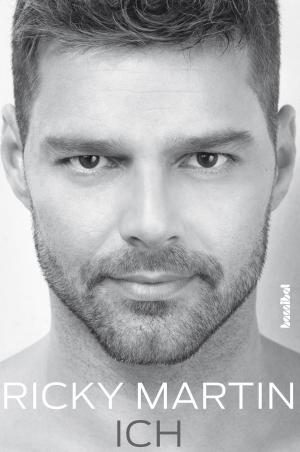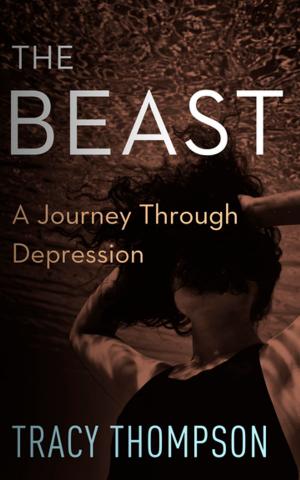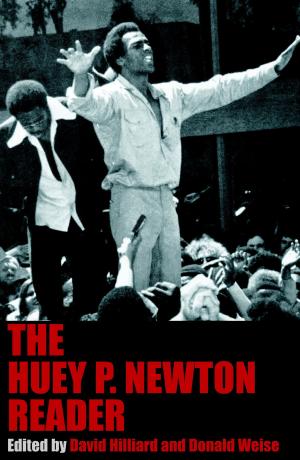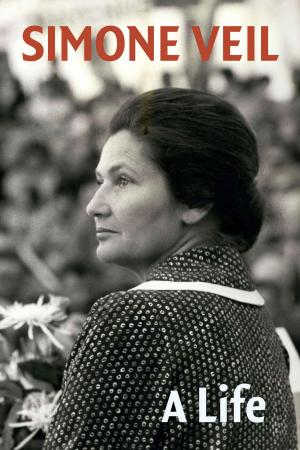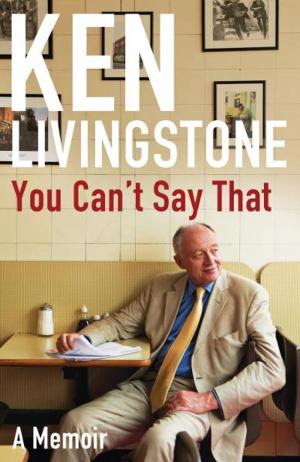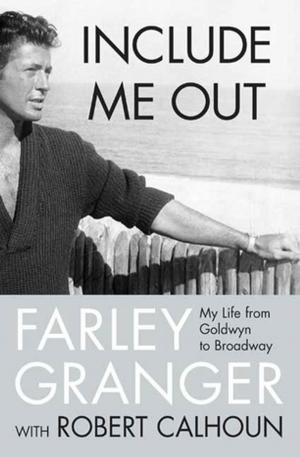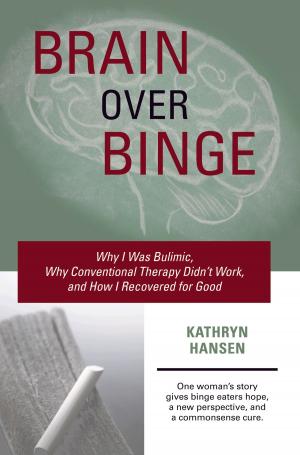| Author: | Daniel Himmel | ISBN: | 9780786754830 |
| Publisher: | Daniel Himmel | Publication: | April 7, 2013 |
| Imprint: | Daniel Himmel | Language: | English |
| Author: | Daniel Himmel |
| ISBN: | 9780786754830 |
| Publisher: | Daniel Himmel |
| Publication: | April 7, 2013 |
| Imprint: | Daniel Himmel |
| Language: | English |
Born on the slopes of the Carpathian Mountains in 1929, author Dan Himmel’s father soon joined the line of the condemned at the Birkenau death camp at the tender age of 15. He survived transfer to several different camps, including the dreaded Dora camp, from which few survived, and a death march, at the end of which he watched as the stomachs of fellow captives literally exploded due to the ingestion of food too quickly upon liberation. After resettlement with hundreds of other orphans and reunion with surviving family members, he went off to serve on the front lines in Israel's war of independence and bore witness to a historic battle.
He made his way to Canada, and then to the United States, eventually getting married and raising a family in New York, where he lived out his life as a seemingly unremarkable man--one you would never guess had had a front-row seat to some of the most significant events in modern Jewish history. For most of his life, he barely made mention of his Holocaust experience, certainly not to any of his three children, whom he wanted to protect from the pain he had suffered and in some ways continued to endure throughout his life. But as this “thriver” neared the end of his life, he finally agreed to be interviewed over a period of months by his youngest son, who found answers to his own questions about his father’s demeanor and parenting style while discovering a newfound sense of identity. The author ultimately gains a totally new understanding of what it means to be the child of a Holocaust survivor as he comes to see his father as not so much a survivor as a thriver, an inspiration, a man whose journey infuses intense meaning into his own sense of identity
He made his way to Canada, and then to the United States, eventually getting married and raising a family in New York, where he lived out his life as a seemingly unremarkable man--one you would never guess had had a front-row seat to some of the most significant events in modern Jewish history. For most of his life, he barely made mention of his Holocaust experience, certainly not to any of his three children, whom he wanted to protect from the pain he had suffered and in some ways continued to endure throughout his life. But as this “thriver” neared the end of his life, he finally agreed to be interviewed over a period of months by his youngest son, who found answers to his own questions about his father’s demeanor and parenting style while discovering a newfound sense of identity. The author ultimately gains a totally new understanding of what it means to be the child of a Holocaust survivor as he comes to see his father as not so much a survivor as a thriver, an inspiration, a man whose journey infuses intense meaning into his own sense of identity
Born on the slopes of the Carpathian Mountains in 1929, author Dan Himmel’s father soon joined the line of the condemned at the Birkenau death camp at the tender age of 15. He survived transfer to several different camps, including the dreaded Dora camp, from which few survived, and a death march, at the end of which he watched as the stomachs of fellow captives literally exploded due to the ingestion of food too quickly upon liberation. After resettlement with hundreds of other orphans and reunion with surviving family members, he went off to serve on the front lines in Israel's war of independence and bore witness to a historic battle.
He made his way to Canada, and then to the United States, eventually getting married and raising a family in New York, where he lived out his life as a seemingly unremarkable man--one you would never guess had had a front-row seat to some of the most significant events in modern Jewish history. For most of his life, he barely made mention of his Holocaust experience, certainly not to any of his three children, whom he wanted to protect from the pain he had suffered and in some ways continued to endure throughout his life. But as this “thriver” neared the end of his life, he finally agreed to be interviewed over a period of months by his youngest son, who found answers to his own questions about his father’s demeanor and parenting style while discovering a newfound sense of identity. The author ultimately gains a totally new understanding of what it means to be the child of a Holocaust survivor as he comes to see his father as not so much a survivor as a thriver, an inspiration, a man whose journey infuses intense meaning into his own sense of identity
He made his way to Canada, and then to the United States, eventually getting married and raising a family in New York, where he lived out his life as a seemingly unremarkable man--one you would never guess had had a front-row seat to some of the most significant events in modern Jewish history. For most of his life, he barely made mention of his Holocaust experience, certainly not to any of his three children, whom he wanted to protect from the pain he had suffered and in some ways continued to endure throughout his life. But as this “thriver” neared the end of his life, he finally agreed to be interviewed over a period of months by his youngest son, who found answers to his own questions about his father’s demeanor and parenting style while discovering a newfound sense of identity. The author ultimately gains a totally new understanding of what it means to be the child of a Holocaust survivor as he comes to see his father as not so much a survivor as a thriver, an inspiration, a man whose journey infuses intense meaning into his own sense of identity



